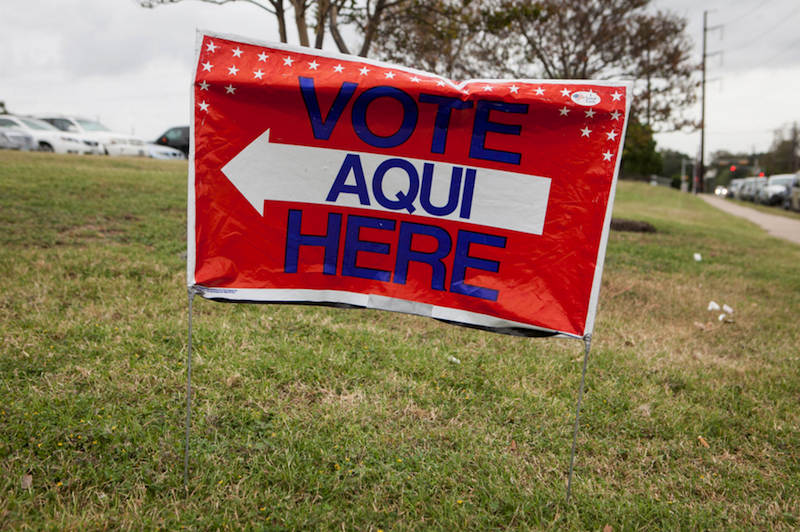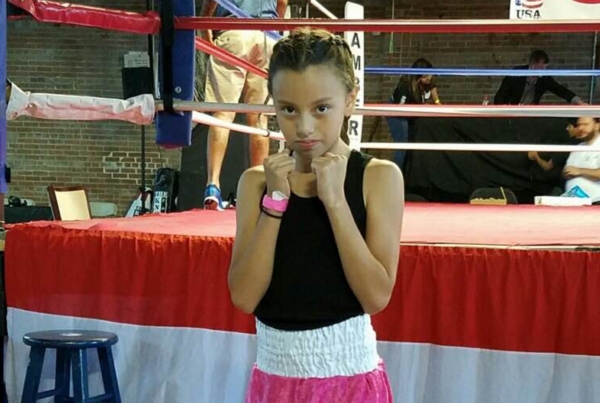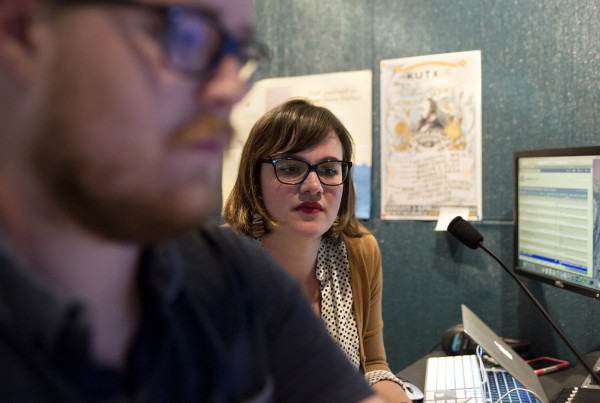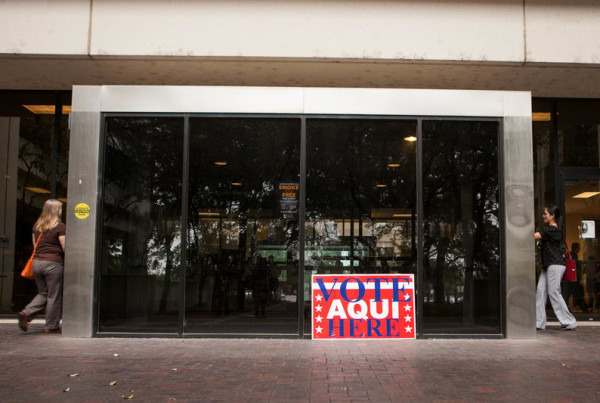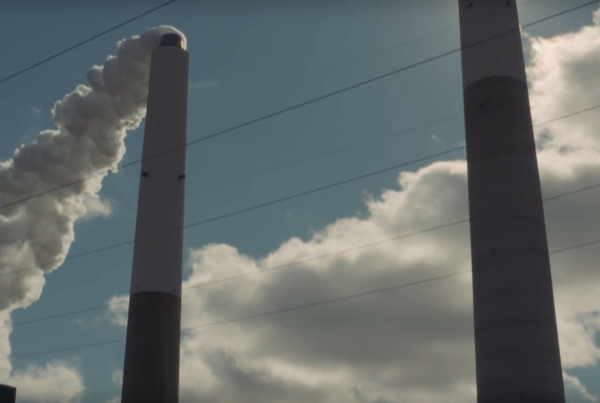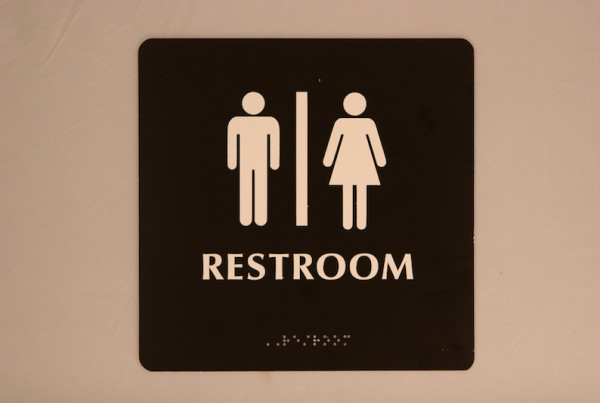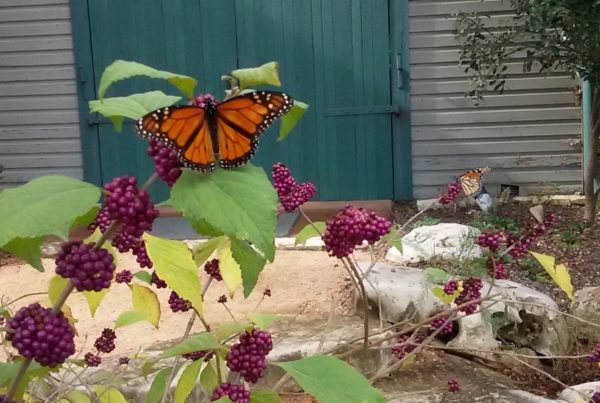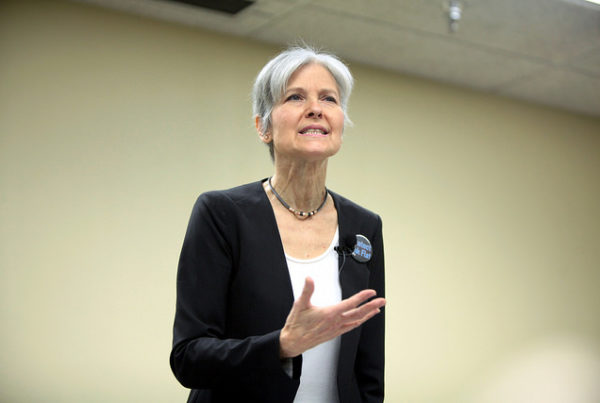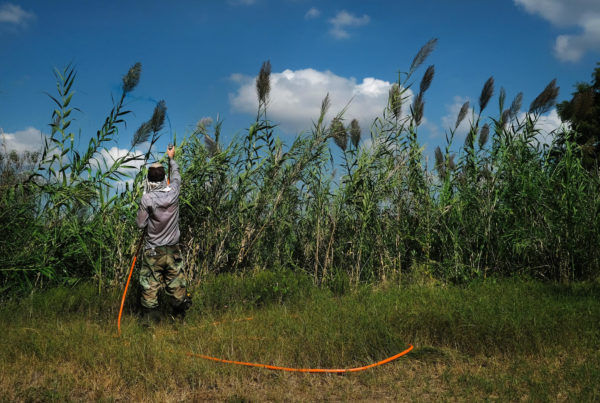How are undecided Texans gearing up for their presidential pick? This is part four of a series following four voters through the last month before election day. Take a listen to parts one, two, and three.
Try to think back for a moment to March 23, 2015. That was more than a year and a half ago – and a lot has probably happened in your life since then. That was the date when people first started asking you to vote for them for president this election cycle.
Texas Senator Ted Cruz was the first candidate to officially join the presidential race. Many, many others followed.
“I believe in the power of millions of courageous conservatives rising up to reignite the promise of America,” Cruz said. “And that is why today I am announcing that I’m running for president of the United States.”
Back then, Josh Thompson felt pretty good about his options. He’s a 34-year-old home builder from Tyler.
“I started out with kind of a great hope in the election,” he says. “The person I voted for in the primaries was Marco Rubio. … I thought he was more of a Republican who tended to try to work across the aisle a little bit more. So I looked at Rubio and I thought man, what a great candidate.”
But a lot has changed for Thompson. Now when he pictures himself standing in the voting booth, pressing the button to cast his ballot, he says “I will feel to some degree saddened that the guy that I’m voting for, I know, won’t win.”
That guy is Libertarian Gary Johnson. Last week, Thompson was almost evenly split between Johnson, Donald Trump, and Hillary Clinton. Thompson’s a conservative and doesn’t feel like either major-party candidate is fit to be president. So Johnson is his pick because he says it’s a vote he can live with.
“I will feel at the same time like I am being more of a person of integrity than I would be if I walked in and voted for either Donald Trump or Hillary Clinton,” Thompson says. “And because of that … I think I’ll feel good.”
So score one for Johnson, but what about the other three undecided voters? Their decision-making changed once Clinton picked up steam in Texas. As they see it, all of a sudden, every Texan’s vote really counts.
Last week Blanca Morales, a 27-year-old from San Antonio, said she was split 55-45 between Clinton and Stein. But now?
“I am definitely leaning toward voting for Hillary Clinton,” she says.
She’s got reasons not to. Her politics align closer to the Green Party. And Morales supported Bernie Sanders in the Democratic primary. Clinton left a bad taste in her mouth. But Morales says she can’t pass up this chance to turn Texas blue.
“I would hate to vote for somebody based on principle but then know ultimately that nothing is necessarily going to come of that,” she says. “This is an opportunity.”
In Fort Worth, Richard Keller was also leaning toward Clinton last week. He typically votes Libertarian. But Keller is undecided no more. In fact, he already voted.
“I ended up going Clinton,” he says. “You know how we talked last time about how the polls were starting to suggest that we were leaning toward being a swing state in Texas? That actually pushed it over the edge for me. Because there’s a little bit of that punk rock, 16-year-old in me that’s like ‘Yeah, screw the system! Let’s see what happens if we flip it the other way.’”
This might be the first time someone has classified voting for Hillary Clinton as punk rock. But regardless, that’s two votes for her out of our four undecided voters. In Sweeny, a small town south of Houston, 50-year-old stay-at-home mom Dawn Pekar has also made her choice. She thinks. Maybe.
“At this very second it would be Jill Stein,” she says. “And the second I vote it might end up being Gary Johnson. It depends on the weather, on what I watched that morning, what I heard that morning, what I read that morning.”
This is the first time Pekar has even considered voting for a major-party candidate. But she says she can’t quite do it. The reason? Plastic bags. She hasn’t used them in twenty-five years.
“I had somebody tell me ‘They’re not going to stop making bags just because you stop using them.’ I said ‘That’s not my point. But I guarantee if all 300 million Americans stop using bags, they would stop making them,’” Pekar says. “That’s the same premise behind voting third party … maybe the lesser of two evils is still evil. You get other people thinking maybe, maybe, maybe we could demand integrity and principles from our leaders. Maybe we could do that.”
At least Pekar is going to try. We’ll check in with her and the other voters after Election Day. We’ll find out whether the three who still haven’t cast ballots stick with their decisions and if they think they made the right one.


